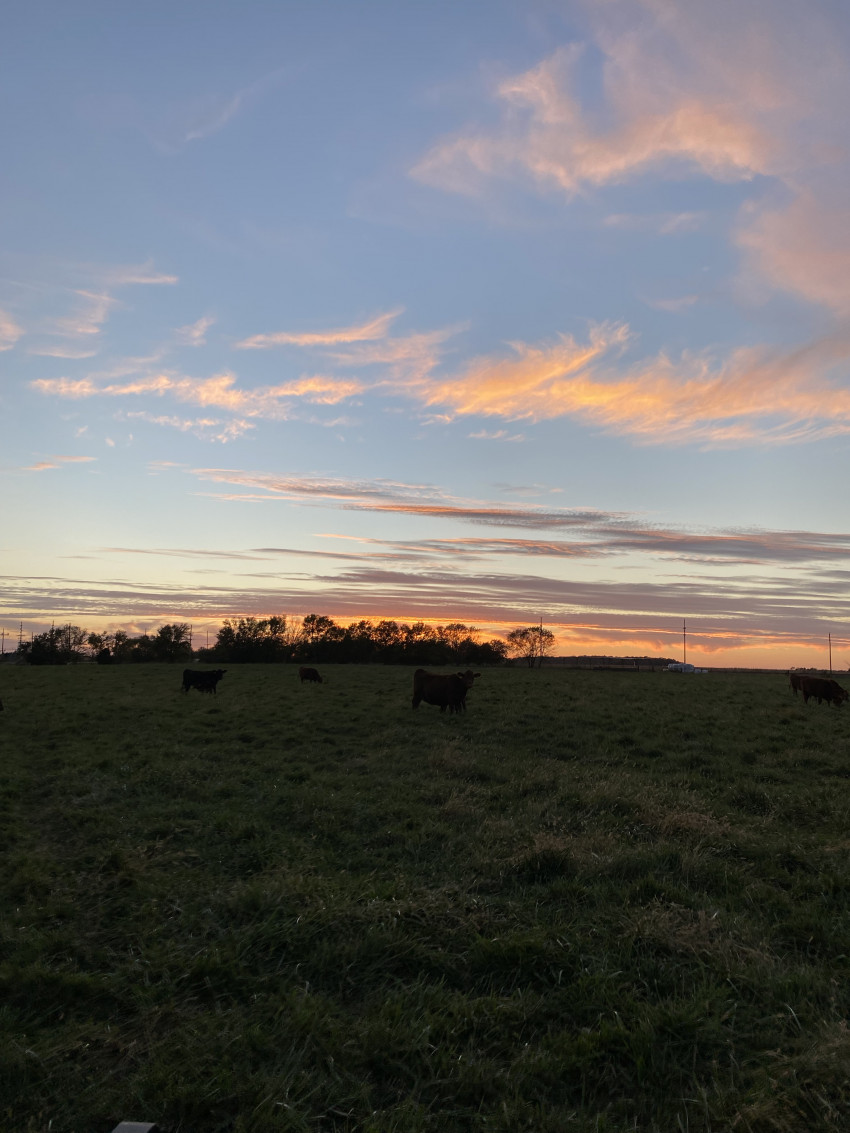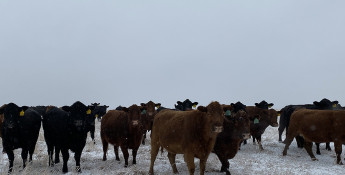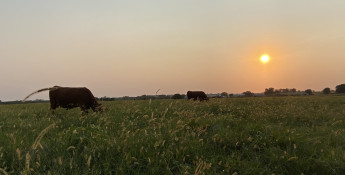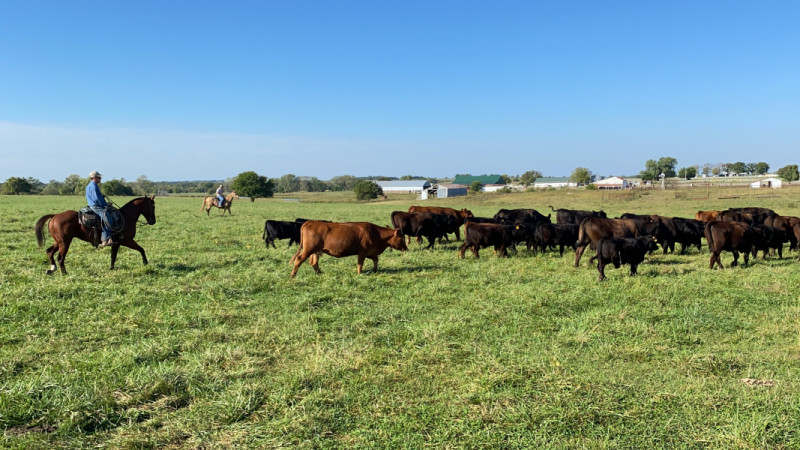By Brandi Buzzard on November 17, 2021
Kink in the Supply Chain
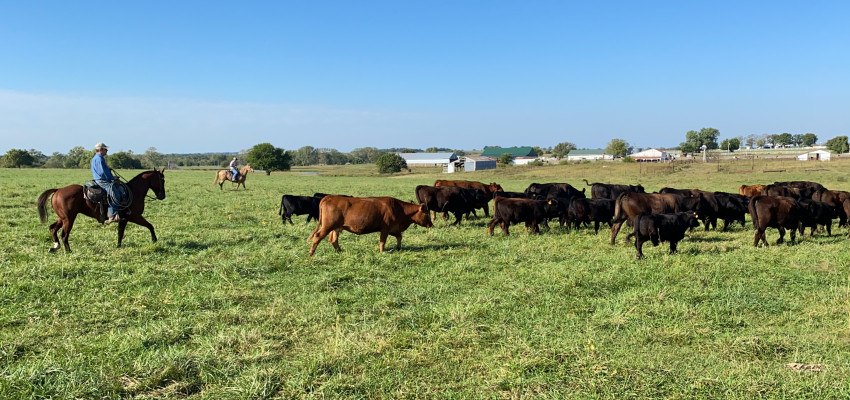
Empty shelves at your local grocery store. Delayed shipping times for online orders. Projections of increased prices coming down the pipe.
Sound familiar?
This has been the “norm” since early 2020 amid a global pandemic that has rocked every corner of the world and every aspect of life. And while we are all tired of COVID-19 and its associated outcomes, it seems as if we will continue to deal with them for the next several months. As a consumer and rancher, it seems as if I’ll be dealing with them two-fold, which is a new level of frustration.
On the ranch front, our normal fall activities have had a few logistical challenges due to supply chain issues. For example, November is usually a chilly, rainy month and that can lead to crummy-feeling calves that require medical attention. Unfortunately for us, penicillin, which is an antibiotic used on farms and ranches, has been in short supply and very hard to find. Because of this, we’ve had to pivot and utilize other veterinarian-approved antibiotics to treat the occasional sick animal on the ranch.
Another agricultural tool that has been in short supply is nitrogen fertilizer, and the shortage has led to tremendous price increases. We use fertilizer on our ranch for two small fields where we grow corn for silage and rye grass for baling. We also use fertilizer on our fescue pastures in the fall to give it a boost, as fescue is a cool season grass. Because of the rising cost of fertilizer, we elected not to apply it in the fall, which reduced the amount of fall forage we had for our cows. We have not yet decided if we will apply fertilizer in the spring – that decision will be made as we near the season and are better able to weigh the costs and benefits.
Recently, our feed truck needed some repairs. Like many feed and work trucks, it can seem as if their problems are never-ending, so instead we decided to pursue a different truck for our ranch. New trucks are in extremely short supply due to a microchip shortage; hence, people aren’t trading in their old trucks for new ones, so the used market is dried up, as well. After searching the market for used work trucks, we made the decision to convert our other truck by equipping it with a steel flat bed with hydraulic arms that can pick up large round bales of hay. While this solution was less expensive than buying a new truck, steel is in short supply and the bale bed came with an increased price tag, as well.
These issues, which stem from slowed imports, supply shortages and increased demand, are causing their fair share of head- and heartaches for farmers and ranchers. All we can do is play the cards we are dealt and make smart management decisions to get us through until the marketplace and supply/demand issues sort themselves out. Hopefully it evens out sooner rather than later because the uncertainty and price fluctuations make it difficult to manage future plans for our business.

